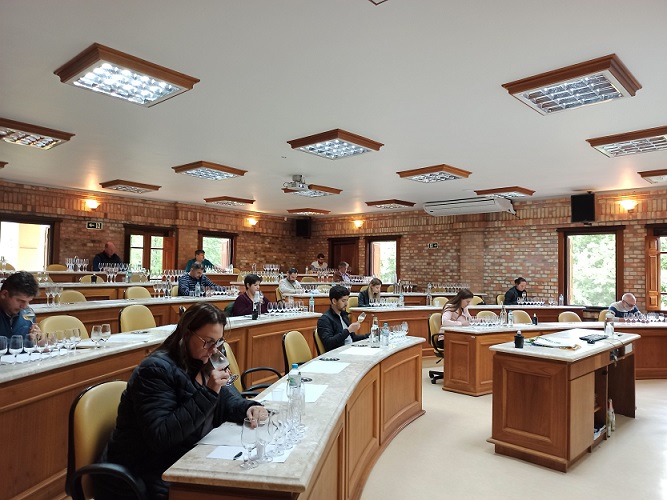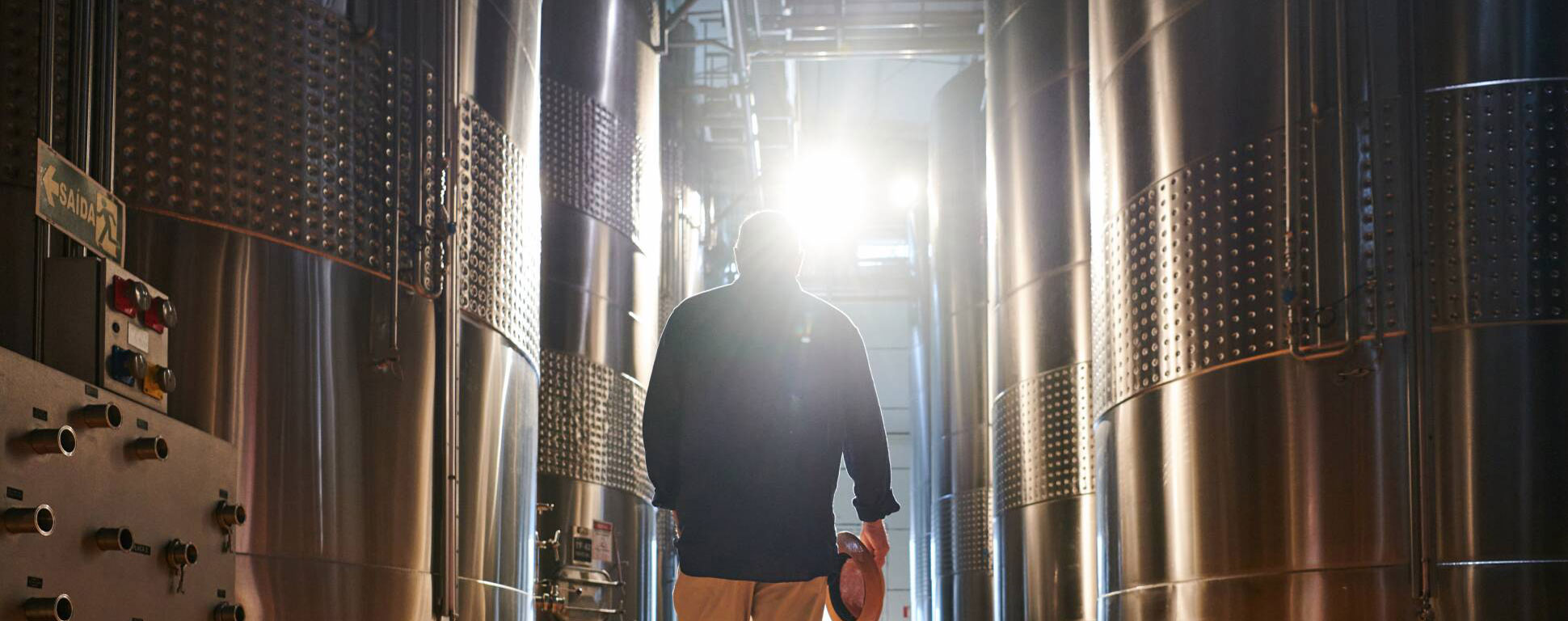‘The method used to perform the second fermentation does not define the quality of the sparkling wines’There is a perception that the Méthode Champenoise is somehow superior to the tank method. But it’s not the method that matters, according to a recent study.
Researchers in Brazil, a country with a growing reputation for producing good quality sparkling wines, made a surprising discovery: the method is less important than other factors, such as time on lees and the liqueur d'expédition.
The researchers performed an analytical and sensorial comparison between sparkling wines produced by the Traditional and Charmat methods using the same base wine (a blend of 36% Chardonnay, 30% Welschriesling, and 34% Pinot Noir vinified in white), same yeast strain, inoculum, and time on lees.
They found the sparkling wines made at the Chandon Brazil winery by the Charmat and Traditional methods to be “similar in every aspect”, including ethanol concentration (12.4 ± 0.2%), total acidity (3.9 ± 0.1g/L), pH (3.3), volatile acidity (0.3 ± 0g/L), yellow colour (Abs 420 nm), colour intensity, and volatile compounds (which are responsible for the aromas of the sparkling wines). The only compound that varied between the two methods was diethyl succinate, which had an early increase in the Traditional method, while the other compounds maintained their concentration over time.

These findings were supported by the sensory tests. In general, more judges could identify differences when the wines were younger (after 4, 9, and 12 months of contact with lees) but, as the time on lees increased to 16 and 22 months, fewer judges could differentiate between the sparkling wines.
The report states: “The longer the sparkling wines age, the more difficult it becomes to only differentiate the products sensorially by the method used in the second fermentation. The method used to perform the second fermentation does not define the quality of the sparkling wines, and it is possible to assume that there are other factors that precede the second fermentation that can have more impact on the product.”
To underline this finding, the report points out that more than half of the judges were not able to differentiate between the two methods at any stage.
The addition of liqueur d'expédition at 22 months made it even more difficult for the judges to differentiate the samples.
The report, published in OENO One (Vol. 57 No. 1, 2023), concluded: “Based on our data, we conclude that the method used for the second fermentation is not the determinant of the eventual differences currently associated with sparkling wine produced by the Traditional and Charmat methods.”
In most cases, sparkling wines made using the Charmat-Martinotti method go to market much younger than those made using the Traditional method, emphasising its identity with young and fruity wines. But it is possible to make sparkling wines with the Charmat method – especially the long Charmat method – that have the same level of quality and ageing capacity as wines made with the Traditional method. Similarly, it is possible to make sparkling wines with characteristics of young and fruity wines using the Traditional/Classic method – but with less time of contact with the lees than usual.
The researchers: Bruno Cisilotto, Fernando Joel Scariot, Luisa Vivian Schwarz, Ronaldo Kauê Mattos Rocha, Ana Paula Longaray Delamare, Sergio Echeverrigaray.











.png)









